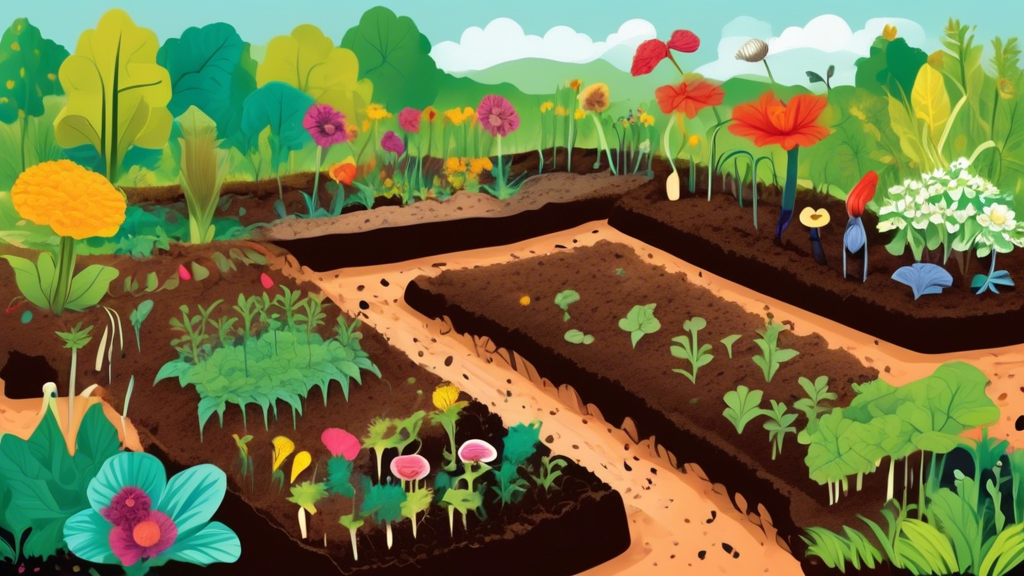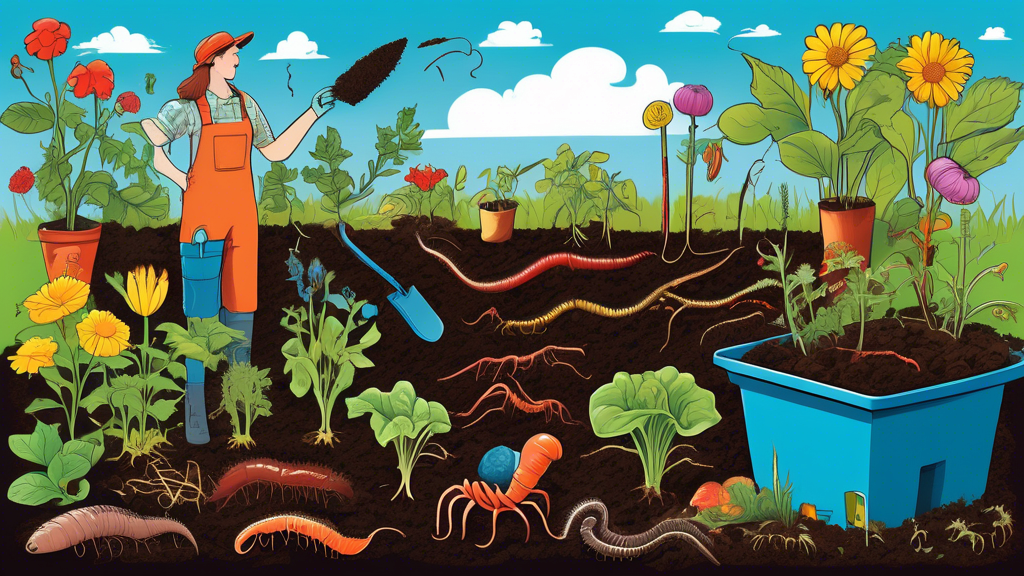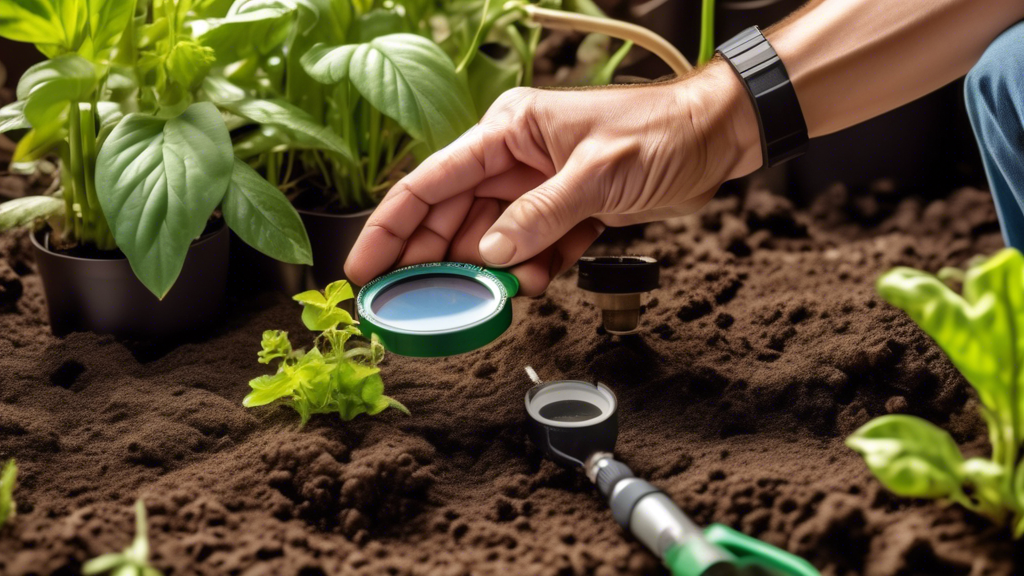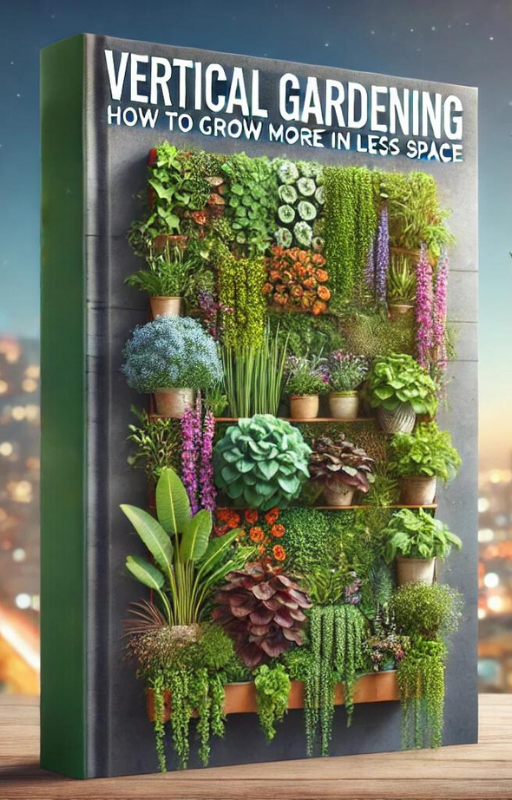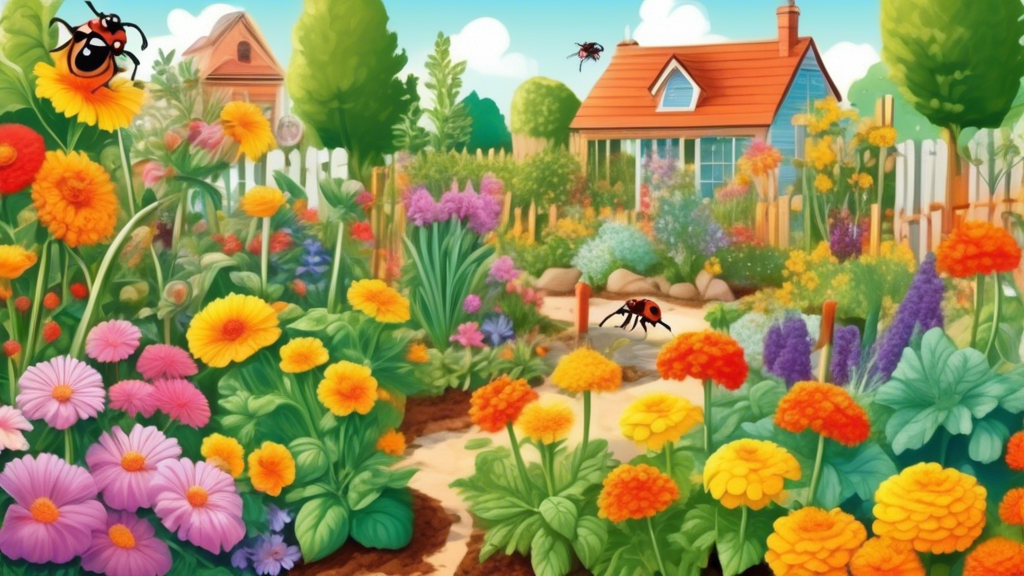
Why Choose a Chemical-Free Approach? The Hidden Costs of Pesticides
The Unseen Downsides of Conventional Pest Control
Many gardeners reach for chemical pesticides as a quick fix, but this approach often creates more problems than it solves. These products can indiscriminately harm the beneficial insects—like bees, ladybugs, and lacewings—that pollinate your plants and prey on pests. Over time, pesticides can degrade soil health by killing the vital microorganisms that create a fertile growing environment. Perhaps most alarmingly, they pose direct risks to pets and children who play on treated lawns and consume homegrown vegetables. Furthermore, repeated use leads to pest resistance, creating “superbugs” that are increasingly difficult to manage.
The Unique Benefit You Might Not Know: Boosting the Plant’s Own Immune System
A little-known secret of organic gardening is that plants have their own sophisticated defense systems. A healthy, well-nourished plant naturally produces compounds that repel pests and can even signal predatory insects for help when under attack. By focusing on building rich, living soil through composting, you’re not just feeding your plants; you’re fortifying their natural resilience, making them less appealing targets in the first place.
Your Arsenal of Chemical-Free Pest Control Methods
Prevention: The First and Best Line of Defense
The most effective pest control stops problems before they start. Strategies like companion planting, where you grow certain plants together to repel pests (e.g., basil with tomatoes to deter flies), create a naturally resistant garden. Encouraging predators by providing water sources and shelter for birds, frogs, and beneficial insects establishes a built-in pest patrol. Simple physical barriers, such as floating row covers or copper tape, can also provide impenetrable shields for your plants.
Direct Action: Effective Natural Remedies
When pests do appear, you have a powerful toolkit of natural remedies. Homemade sprays using ingredients like garlic, chili peppers, or neem oil can deter and eliminate many common invaders. For larger pests, manual removal or a strong blast of water from a hose can be surprisingly effective. Diatomaceous earth, a fine powder made from fossilized algae, acts as a physical insecticide, dehydrating insects that crawl over it.
DIY vs. Store-Bought: A Quick Comparison
| Method | Pros | Cons |
|---|---|---|
| DIY Solutions (e.g., Soap Spray, Companion Planting) | Extremely low cost, full control over ingredients, can be implemented immediately. | Often requires more frequent application, potency can be inconsistent. |
| Commercial Organic Products (e.g., Neem Oil, Bacillus thuringiensis – Bt) | Consistent, reliable potency, targeted for specific pests, often certified for organic use. | Higher upfront cost, requires a trip to the store or online order. |
Comparison Takeaway: A hybrid approach is often most effective. Use DIY methods for prevention and minor issues, and keep a trusted commercial organic product on hand for tackling more severe infestations.
Tackling Specific Garden Pests the Natural Way
Dealing with Aphids
Solution: A strong jet of water can knock them off plants, or a simple homemade soap spray (1 tsp mild liquid soap to 1 quart water) will suffocate them.
Deterring Slugs and Snails
Solution: Sink a shallow dish filled with beer into the soil to attract and drown them. Creating a barrier of diatomaceous earth or copper tape around plants is also highly effective.
Preventing Cabbage Worms
Solution: Use floating row covers to physically block butterflies from laying eggs. Planting nectar-rich flowers like dill and yarrow will attract parasitic wasps, which are natural predators of the worms.
Frequently Asked Questions (FAQs) About Chemical-Free Pest Control
Is chemical-free pest control as effective as using pesticides?
It can be equally effective, but it requires a more proactive and observant gardening style. The goal is not total eradication but achieving a balanced ecosystem where pest populations are managed at acceptable levels, which is ultimately healthier for your garden’s long-term vitality.
How long does it take to see results with natural methods?
It depends on the method. Physical removal and barriers work instantly. Other approaches, like introducing predator insects or using neem oil (which disrupts pest feeding and life cycles), may take several days to a week to show their full effect. Building healthy soil for long-term prevention is an ongoing process.
Are “organic” or “natural” store-bought products always safe?
While generally much safer than synthetic chemicals, it’s crucial to read the label. Even natural products can harm beneficial insects like bees if applied incorrectly. Always follow the manufacturer’s instructions and apply sprays during early morning or late evening when pollinators are less active.
Can I use these methods on my vegetable garden right before harvest?
Yes, this is one of the greatest advantages of chemical-free pest control. Most DIY sprays require only a quick rinse before eating. For commercial organic products, always check the label for the “pre-harvest interval” (PHI), which indicates the safe waiting period between application and harvest.
Conclusion: Cultivating a Balanced Garden Ecosystem
Embracing chemical-free pest control is a philosophy of working in partnership with nature. It’s about fostering a resilient, self-regulating garden where plants are strong, beneficial life thrives, and pests are kept in check naturally. Success comes with patience and consistency. Start by integrating one or two of these methods, and you’ll be well on your way to cultivating a beautiful, productive, and safe garden sanctuary for years to come.


